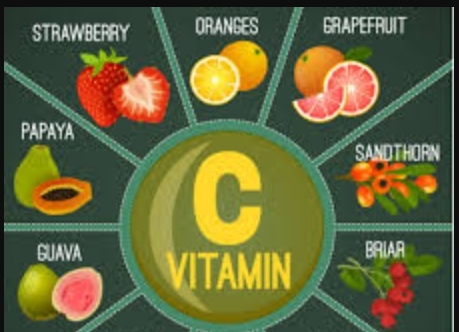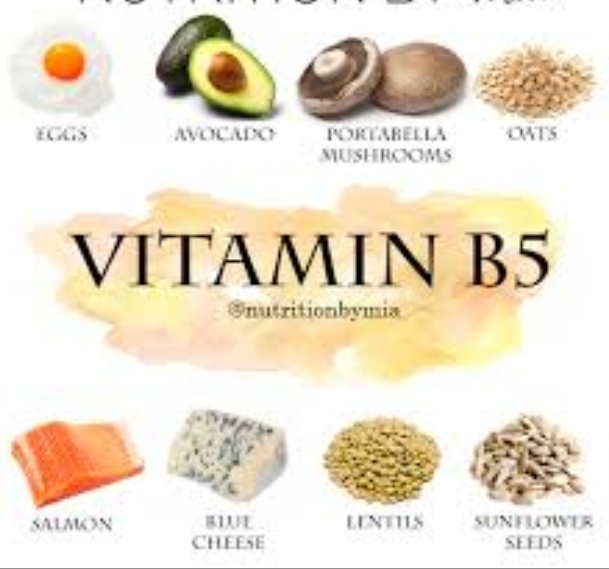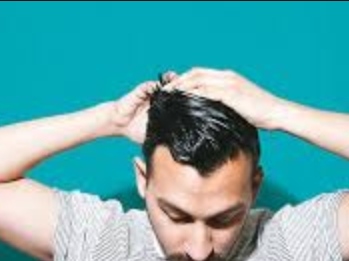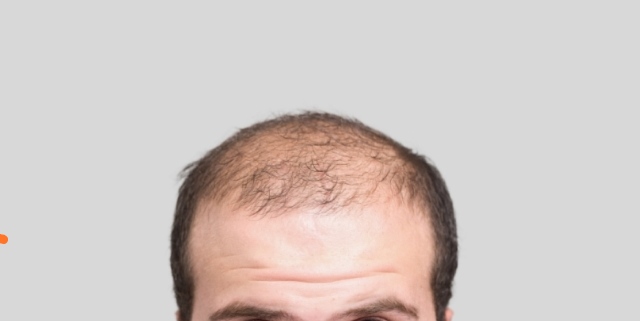The 14 best vitamins for hair loss & their effect
Vitamins for hair loss
The 14 best vitamins against hair loss & their effect
A quick glance at posts on Instagram or a quick flip through various fashion magazines to learn that pills for hair loss are actually one of the biggest trends right now. And it makes perfect sense! After all, who doesn't want longer, stronger and even more beautiful hair?
But maybe you are not sure if such hair loss vitamins work at all? And if so, which of them are the most effective so that you can achieve the best results? If you want answers to these and many more questions, then read on in our little guide to hair loss vitamins. Read how to regrow hair on bald spot naturally for mens
Table of Contents
Dietary supplements for hair loss?
How do vitamins for hair loss work?
Which vitamins for hair loss?
Everything important about dietary supplements
Dietary supplements against hair loss recommendation
Beyond hair loss tablets:
Dietary supplements for hair loss?
It is normal to lose 50 to 150 strands of hair per day. But if you lose more than that, you may be suffering from hair loss. If you have hair loss, you may notice more hair than usual in your brush or shower drain. Other people notice their hair loss by their physical appearance. In men, for example, hair loss is more noticeable as thinning around the hairline and on the crown of the head. In women, diffuse hair loss is more common. This means that instead of receding hairline, they notice a wider crown or their ponytail becomes smaller. Read how to regrow hair on bald spot fast.
There are many causes of hair loss, including hair loss due to a vitamin or mineral deficiency. In these cases, taking hair loss vitamins can help you regain fuller, healthier hair. Even if you don't have hair loss, taking a hair loss supplement as a preventative measure can be a smart move. Read best hair growth oil.
As with all supplements, I recommend you talk to your primary care physician before you start taking any hair loss vitamins!
How do vitamins against hair loss work?
A balanced diet helps you maintain both overall health and healthy hair. According to the Eatwell Guide, a healthy diet consists largely of fruits, vegetables and whole grains, with smaller amounts of protein, beans, dairy products and oils. Chips, candy, cookies and other sweets and snacks should be eaten sparingly.
However, eating healthy is easier said than done! With all the stress of daily life, it can be difficult to eat the wide variety of foods your hair follicles need to grow hair. That's why in many cases, hair loss is the result of a poor diet or nutrient deficiency. Read hair regrowth for men.
The good news is that vitamins work against hair loss by supplementing your diet with all the vitamins and minerals your hair follicles need for healthy hair growth. They help fill in the "gaps" in your diet so your hair growth doesn't have to suffer.
However, hair loss supplements can only effectively nourish hair follicles if they are formulated with the best hair loss vitamins.
What vitamins for hair loss?
When shopping for hair loss supplements, make sure you choose a supplement that contains the best hair loss vitamins. These vitamins and minerals include:
Vitamin A
of the most important vitamins for hair loss is vitamin A. Vitamin A helps your body develop and maintain skin and hair. Vitamin A also supports the production of sebum, the natural oil that moisturizes your skin and hair. Without adequate sebum production, your hair can become brittle and prone to breakage.
Vitamin B12
Although the mechanism is not yet fully understood, it is believed that this vitamin helps to promote hair growth because it plays an important role in the rapid division of cells in the hair follicle. For this reason, vitamin B12 deficiency is closely associated with hair loss.
Vegans or vegetarians are more likely to be deficient in vitamin B12 because animal products such as meat and dairy are the only good sources of this vitamin for hair loss.
So if you eat a plant-based diet, consider taking a hair loss supplement that contains vitamin B12.
Biotin
Biotin plays an important role in the synthesis of healthy skin, hair and nails, which is why it is one of the best vitamins for hair loss. Low levels of biotin, also known as vitamin B7, have also been linked to hair loss. For example, in a 2016 study of women with hair loss, 38% of participants were found to be deficient in biotin.
Vitamin C
Vitamin C is another of the best hair loss vitamins. Vitamin C helps fight oxidative stress, which is responsible for aging hair. One of the symptoms of vitamin C deficiency is corkscrew hair.
Vitamin C also helps with iron absorption. Iron deficiency (also known as anemia) is another of the main reasons for hair loss.
Vitamin D
Vitamin D is associated with Alopecia Areata, a form of hair loss, as well as baldness in women. Vitamin D is an important vitamin against hair loss because it supports the healthy function of hair follicles.
Vitamin E
Vitamin E is a powerful antioxidant that is thought to increase hair growth in people suffering from hair loss.
Zinc
Like vitamin D, zinc has been associated with Alopecia Areata. Zinc plays an important role in the functional activities of the hair follicle.
Selenium
Selenium is a trace element that plays an important role in the growth and maintenance of healthy hair. For example, selenium kills dandruff-causing fungi and protects hair from free radicals. Hair loss is one of the symptoms of selenium deficiency.
Silicic acid
Silica is another trace element, known to strengthen hair and prevent hair breakage. Although silica does not reverse hair loss, it helps prevent excessive hair loss by preventing hair breakage.
Folic acid
Folic acid contributes to healthy cell growth, like the cells in your hair follicles that grow your hair. Folic acid also helps form new red blood cells that carry nutrients to your hair follicles so they can grow healthy hair.
Pantothenic acid (vitamin B5)
Pantothenic acid plays a role in cell division, which takes place in the root of the hair follicle. Pantothenic acid may also help prevent premature graying.
Iodine
Iodine supports the function of the thyroid gland, which releases hormones that regulate hair growth. Therefore, hair loss is a common symptom of iodine deficiency.
Riboflavin (vitamin B2)
Riboflavin helps in the growth and function of your cells. One of the symptoms of riboflavin deficiency is hair loss. Although riboflavin deficiency is rare, hair loss can occur if you don't get enough riboflavin in your diet.
Niacin (Vitamin B3)
Niacin helps convert the food you eat into energy that your cells can use. Niacin deficiency also causes thinning hair.
Everything important about
Dietary supplements
One more thing to note: some hair loss supplements are better formulated than others. Aside from making sure your hair loss pills contain the best hair loss vitamins, check the ingredient label to make sure nothing else is included.
For example, is your hair loss supplement formulated with synthetic flavors, gluten or other potentially toxic ingredients? Has it been tested on animals? The best hair loss supplements are cruelty-free and formulated with natural ingredients that are better for your body.









Comments
Post a Comment